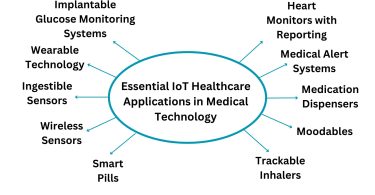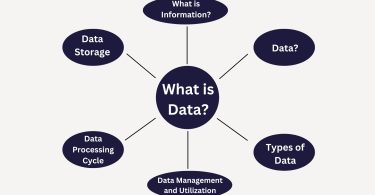Overview
The most common application of AI in healthcare is in hospitals and which also use the technology to manage patient flow and bed capacity. This can be a difficult process as it requires a system and wide view of various entities. The patient data is not shared adequately between different systems and hospital workers can leak information outside of their department or ward. This often slows things down. The AI keeps hospital staff fully informed and potentially enabling shorter hospital stays and better management of the beds. While patient flow and bed management are major hurdles and they are just the tip of the iceberg. The AI has also begun to play a significant role in advancing precision medicine and predictive analytics also and advances will continue. The AI also can improve on-site patient assessments and help ensure the best decisions are made but especially in an emergency.
ROBOTIC MEDICAL PROCEDURES
The robotic technology is on the rise in all the industries. The Robotic and assisted surgery is now spreading in the healthcare sector for the various procedures such as kidney transplants and removal of tumor tissue from sensitive organs and coronary arteries. The Robotic surgery offers surgeons more precision and greater freedom of movement in complex surgical procedures. The robot technologies also help in times of the medical staff shortages. The Robots can be trained to perform the procedures that require special skills. While the constant monitoring is required and robots can help unburden doctors by allowing them to focus on more intellectual tasks.
PRECISION MEDICINE
The Currently available patient data is stored and managed via the EHR and also EMR framework. This medical data helps the healthcare professionals implement prediction algorithms. The Historical data on genetics nutrition. The much more Improve treatment processes. The Doctors now receive practical information about what the further course of a patient illness might be look like and which treatments and medications can be helpful for them. The Improving the drug discovery process is another aspect of precision of medicine. The Drug discovery is a complex and time and consuming process that requires a lot of research and testing. The AI can be useful when it comes to understanding the complex data models and implementing prediction models for long and term adverse drug reactions.
ACCURATE DIAGNOSIS
The Medical imaging is an important application of AI in healthcare. The Machine learning technologies such as deep learning models and cognitive learning image recognition and etc. they help to improve the accuracy of diagnostic imaging. The Scientific studies have shown that AI and based image analysis exceeds the diagnostic accuracy of the human imaging experts. It has been shown that the diagnostic imaging in radiology and dermatology. The based on the convolutional neural networks deliver better and accurate diagnostic results. The AI in healthcare also helps plan radiotherapy and their procedures. The Artificial intelligence helps with precise the image processing for cancer radiation therapy. This is a tedious process for the oncologists and requires a lot of time dedicated to specially designed software that helps them to locate tissues in tight areas.



